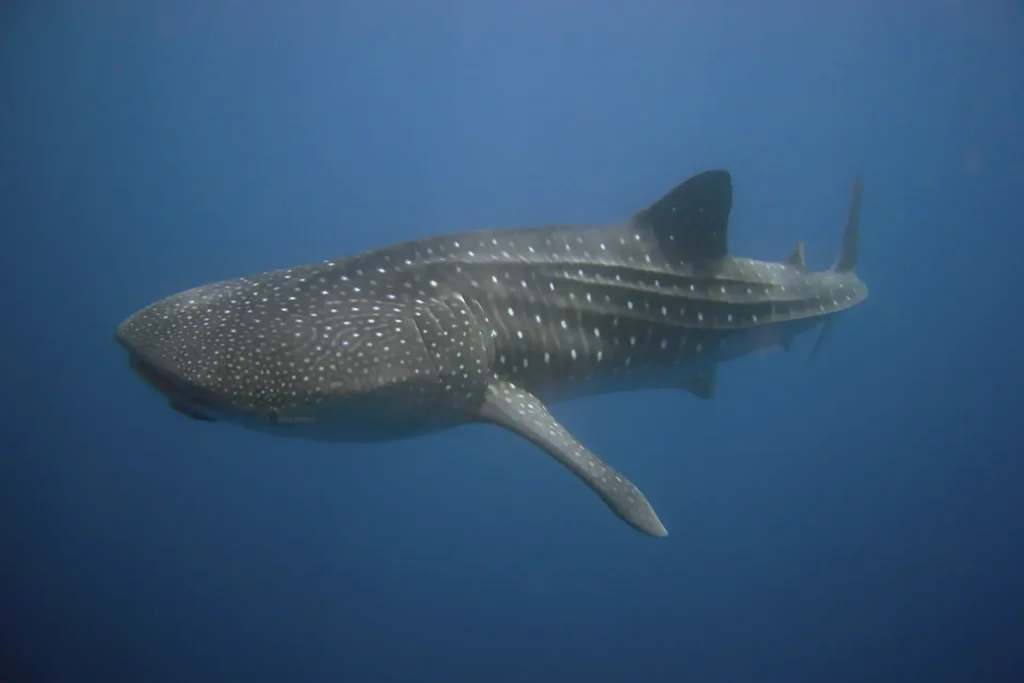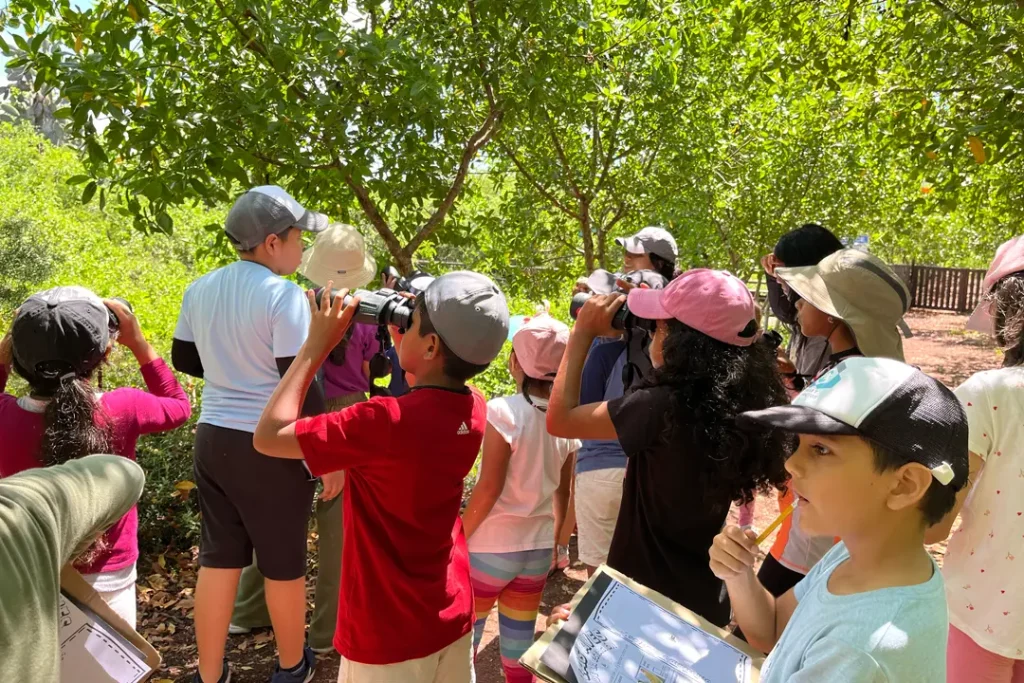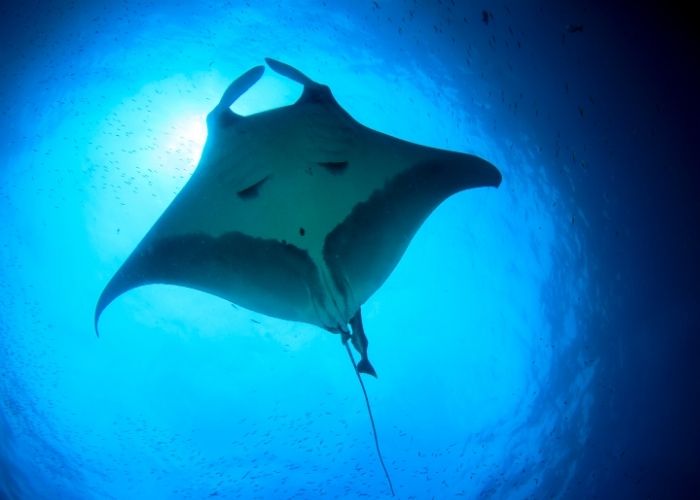Shark Diversity
At least 35 shark species live in the Galapagos Marine Reserve, including the hammerhead, Galapagos, blacktip, whitetip, and whale sharks. This amazing diversity highlights the importance of Galapagos marine ecosystems, and the urgent need to protect the sharks in this unique region.
Challenges and threats
Sharks are the top predators of marine food webs. Sharks are under serious threat from pollution, climate change and illegal fishing. Sharks are important for maintaining the health of our oceans. It is vital to implement effective conservation measures.
The scalloped Hammerhead ( Sphyrna Lewini) is one of the most vulnerable species in the Galapagos Marine Reserve. Its population has decreased by more than 80% over the past 75 years. This statistic shows the urgency of taking action to save this species. The Galapagos Marine Reserve discovered the first scalloped-hammerhead nursery only in 2017.
Research and Conservation
Since 2021, Galapagos Conservancy funds a vital research project under the direction of park ranger Eduardo Espinoza. This project is designed to examine the complex behaviors, migrations, and habitats used by key shark species for reproduction and feeding in Galapagos water. Data collected is not only essential to our scientific understanding but also for the design and implementation of effective conservation strategies. Espinoza stresses that “understanding the fundamental aspects of these species is essential for developing conservation strategies that protect these impressive predators and also contribute to the maintenance of the overall health the marine ecosystem.”
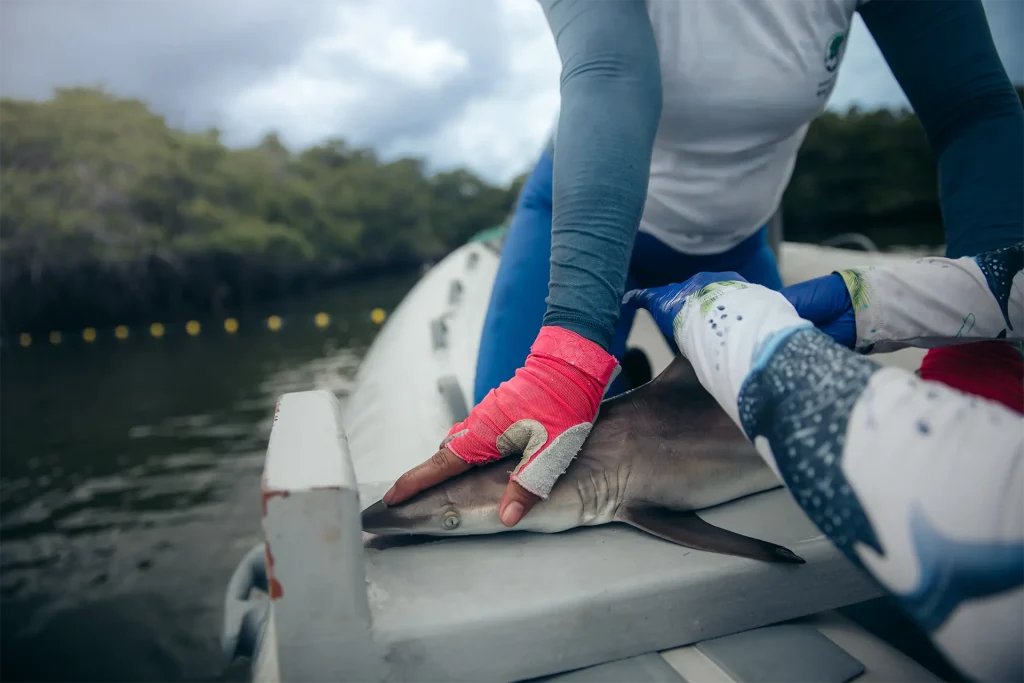
Photo: ©Galapagos Conservancy
Economic and social impact
Sharks are a vital part of the Galapagos Archipelago’s marine ecosystem, and they also play an important role in the local economy. Shark sightings are a major part of the marine tourism industry in the region, which makes up a large portion of its economy. Visitors from all over the world come to see these amazing marine creatures and swim with them in their habitat. Sharks enrich the tourism experience and provide employment for locals.
Marine Conservation Commitment
Our general director, Dr. Washington Tapia emphasizes Galapagos Conservancy’s deep commitment to participating actively in joint efforts to promote harmony between humans and sharks. Dr. Tapia said, “We aim to secure a resilient future of these iconic species by “…advocating the implementation of policies that will ensure their effective protection and promote long-term conservation.”
The generous contributions from many individuals have made our involvement in protecting Galapagos Sharks possible, and reflect our unwavering commitment to marine conservation. We all contribute to the health of Galapagos sharks, and the marine ecosystems that they inhabit, by funding conservation and studies.
Sharks in the Archipelago: An inspiring story that shows how collaboration can help protect our marine life.
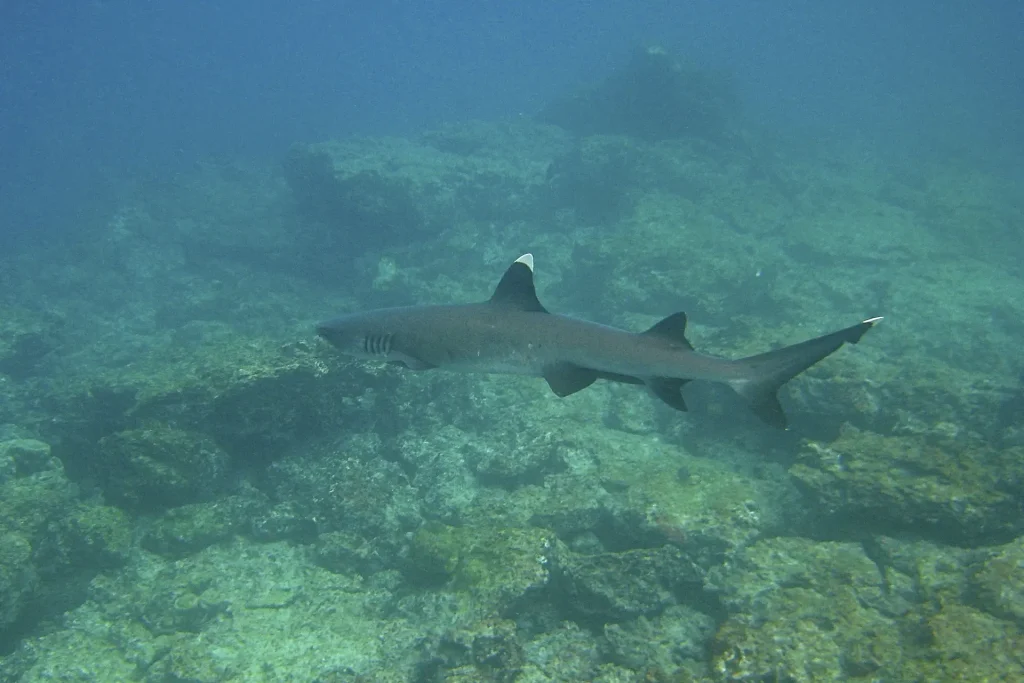
Photo: ©Bob Hoffman
